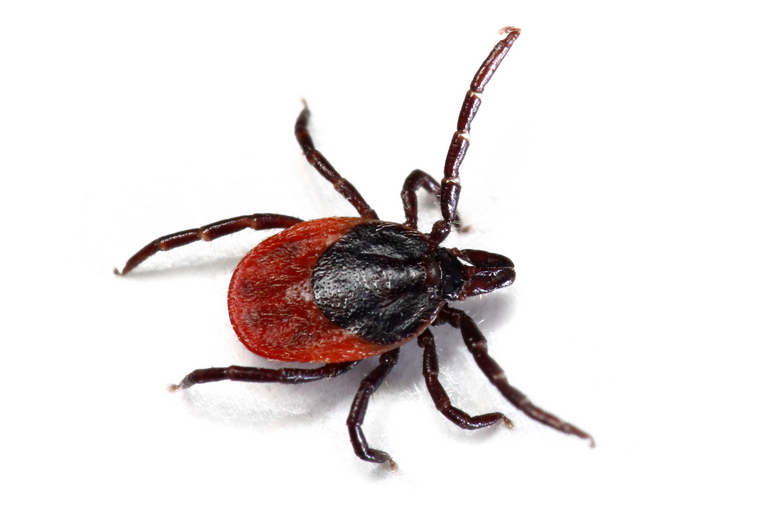
Clinical trials for a seasonal preventative shot for Lyme disease began in mid-February in the US. The shot was developed at MassBiologics of the University of Massachusetts (UMASS) Medical School, by a team led by Professor of Medicine Dr. Mark Klempner.
According to UMASS Med News, approximately 60 volunteers were enrolled in phase one of the trial.
The signs
Lyme disease is a vector-borne infection caused by bacteria transmitted to humans through the bite of infected black-legged ticks. Symptoms include fever, headache, fatigue, and a bull’s eye skin rash. Most cases of Lyme can be treated successfully with a few weeks of antibiotics. If left untreated, however, infection can spread to joints, the heart, and nervous system, and become debilitating.
That could change with the approval of Lyme PrEP, which is being developed as a pre-exposure, annual, seasonal preventative shot, rather than a vaccine. “It actually treats the tick and blocks the bacteria transmission by killing or immobilizing the bacteria in the gut of the tick,” Klempner said.
Previous attempt
In 1998, the US Food and Drug Administration approved a vaccine, called LymeRx, against Lyme disease, but it was taken off the market in 2001. That vaccine needed multiple injections over a year before immunity developed and raised questions regarding how long the immunity would last and if booster shots would be required.
In the UMASS Med News story, Dr. Klempner said, “Through our research, we realized that just one of the antibodies that the human body developed after multiple injections of the LymeRx vaccine was sufficient to prevent infection. We identified the single antibody that led to immunity and tested it in animals where it proved 100% effective.”
The use of a single defined antibody also reduces the risk of side effects.
Trial one year long
“The goals for the phase one clinical trial which began last week (mid-February), are to test for the safety of Lyme PrEP and to determine how long it lasts in the bloodstream in humans,” Klempner added. Because of this, the trial is one year long.
If all goes well, the preventative shot could be on the market by the end of 2023, Klempner said.






Leave A Comment